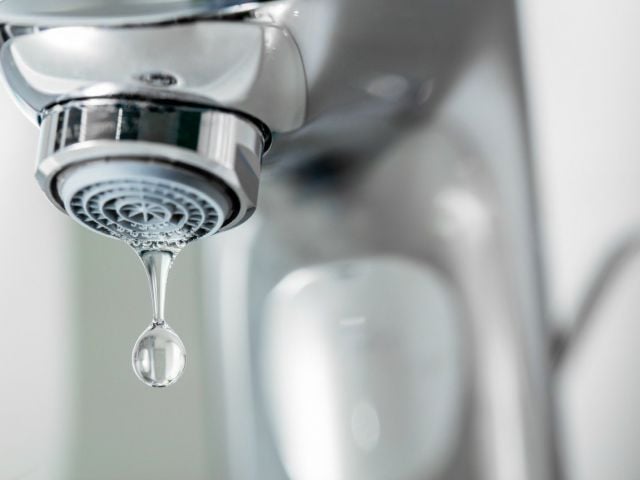Oakland, Calif. – After more than three years of deliberation, California’s Central Coast Regional Water Quality Board has enacted new comprehensive rules requiring area farm operations to curb nitrate and pesticide pollution that contributes to some of the nation’s worst water quality conditions.
“For far too long the residents of these affected areas have had to deal with contaminated drinking water as a result of lax pollution control standards for area agribusiness,” said Kari Hamerschlag, senior analyst and California agriculture specialist at the Environmental Working Group. “The board has showed tremendous leadership. Its unanimous approval of these tough new rules will require those primarily responsible for the water pollution problem to take the necessary steps to begin to improve water quality in the region.”
The board’s decision comes two days after the release of a UC Davis study commissioned by the State Water Resources Control Board that found animal waste and fertilizer from farming operations in California’s Salinas Valley and Tulare Lake Basin are the source of 96 percent of the nitrate contamination in the area’s groundwater. The report found that 254,000 people in these areas “are currently at risk for nitrate contamination of their drinking water,” including 34,000 people who rely on private wells or local small water systems.
Contamination of public supply wells is particularly acute in the Salinas and Santa Maria groundwater basins. According to a report of the staff of the Central Coast Water Board, roughly a third of the public supply wells used for drinking water in those areas exceed federal drinking water standard for nitrates and require expensive treatment to produce safe drinking water.
The board’s decision will require farming operations to implement pesticide, nutrient, erosion and irrigation management practices on their land and implement on-farm monitoring to ensure effectiveness of these practices.
“The new rules should compel California’s elected representatives in Washington to fight for strong funding for land and water conservation programs in the upcoming federal farm bill,” said Hamerschlag. “These programs are critical for providing farmers with the financial and technical support they need to help implement these practices.”
In Washington, D.C., Congress has begun debating funding levels for these programs in next farm bill, which over the years, have been dramatically cut, placing much of the nation’s drinking water at risk, including in California.
###
EWG is a nonprofit research organization based in Washington, DC and Oakland, Calif. that uses the power of information to protect human health and the environment. https://www.ewg.org



